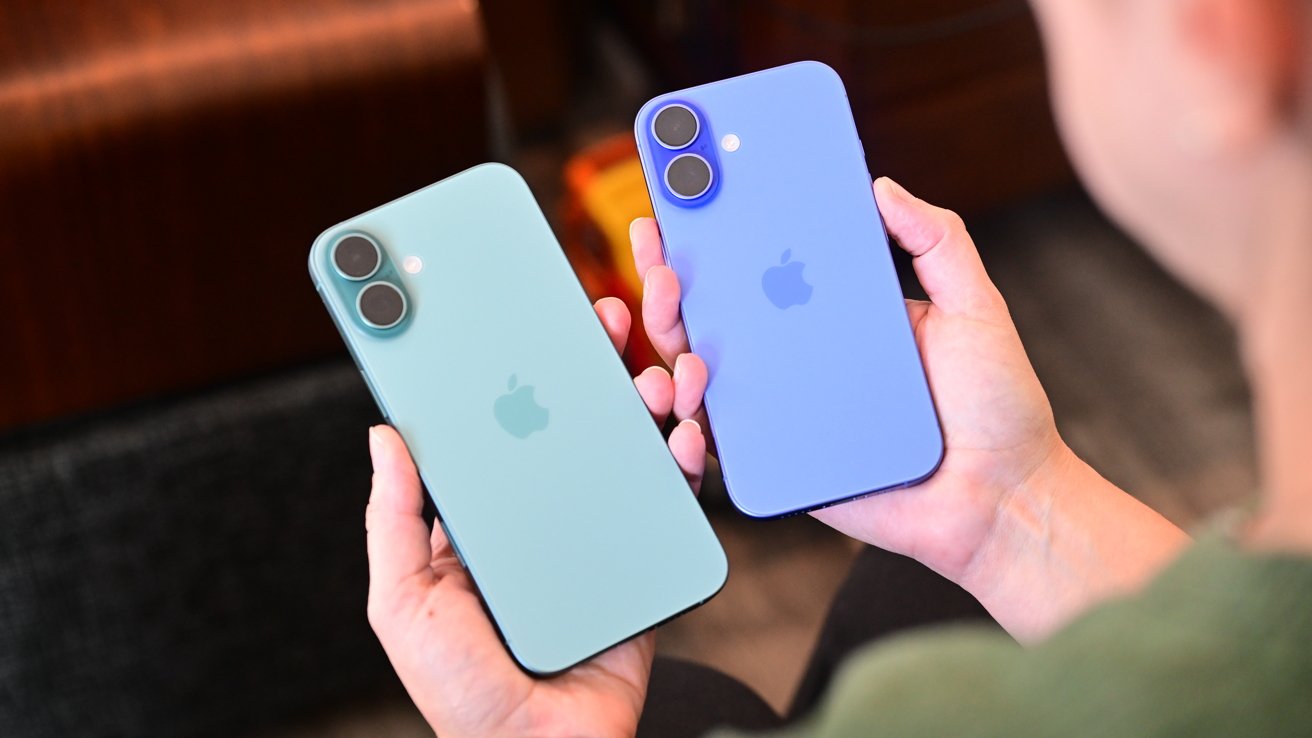Weeks after Indonesia’s government agreed to lift its ban on the iPhone 16 range, Apple has at last received all of the regulatory permissions to resume selling the model.
Indonesia agreed to end the ban on March 7, 2025, but Apple was still required to apply for specific certificates from the country’s trade ministry, plus the communications and digital ministry. Those have now been received, and Apple has announced that it will resume selling the iPhone 16 range from Friday, April 11, 2025.
The range had briefly been available after its launch in September 2024, but Indonesia banned it from sale in October 2024. Lifting the ban now also means that Apple will be able to sell the iPhone 16e in Indonesia for the first time.
Apple’s announcement makes no reference to the ban, and solely promotes the iPhone 16 range as if it were entirely new. Indonesia has not commented either, with its latest announcement via Antara, Indonesia’s official news agency, only being a March 22, 2025 report confirming Apple was steadily gaining its regulatory permits.
Why Indonesia banned sales of the iPhone 16
Indonesia has long had what its government describes as a local content quota. While reports vary about the amount, the quota requires that between 35% and 40% of certain device components must be made in the country.
That’s a particularly high bar for any company, but especially Apple, which has not previously had manufacturing operations in Indonesia. Huawei, for instance, announced in early 2025 that it would be complying with the quota by partnering with a local manufacturer.
Apple appeared to have previously been granted an exemption, seemingly on the basis of its other investments in Indonesia. But at around the same time that local content certificates were due to expire, Indonesia complained that Apple had fallen short of its these commitments to invest in jobs and developer training.
Specifically, Apple had committed to investing $109.6 million in the country, but had only spent $94.53 million. Indonesia banned sales of the iPhone 16 and announced that Apple would have to comply with the local content quota.
Apple then offered a comparatively miserly extra $10 million in investment, which would not have even been sufficient to meet its previous commitment. That was immediately rejected by the Indonesian government, and so was Apple’s subsequent offer of $100 million.
That was followed by an offer from Apple to invest $1 billion in the country, and specifically to set up manufacturing operations. Indonesia accepted that offer, but at the same time said that it was “not enough.”
There was a logic to that response, as Apple’s proposed manufacturing would have seen it producing AirTags in the country. As Indonesian minister Agus Gumiwang Kartasasmita said, AirTags are not a component of the iPhone and so do not count toward the quota.
How the ban was lifted
Neither Apple nor the Indonesian government have revealed the details of its final negotiations. In early March 2025, Indonesia ministry spokesperson Febri Hendri Antoni Arief said only that the negotiations with Apple had been “tricky.”
The Antara news agency’s latest report claims that Apple has met the country’s quota requirements. However, it specifically says that this was achieved by Apple agreeing to invest in ICT Luxshare for the production of AirTags.
Consequently, it seems likely that Apple pushed back after its $1 billion commitment was ruled insufficient. There does not, for instance, appear to have been any move by Apple to manufacture iPhone components in Indonesia, although it did previously consider doing so.
By April 11, 2025, Indonesia’s ban on sales of the iPhone 1 range will have lasted 166 days.





